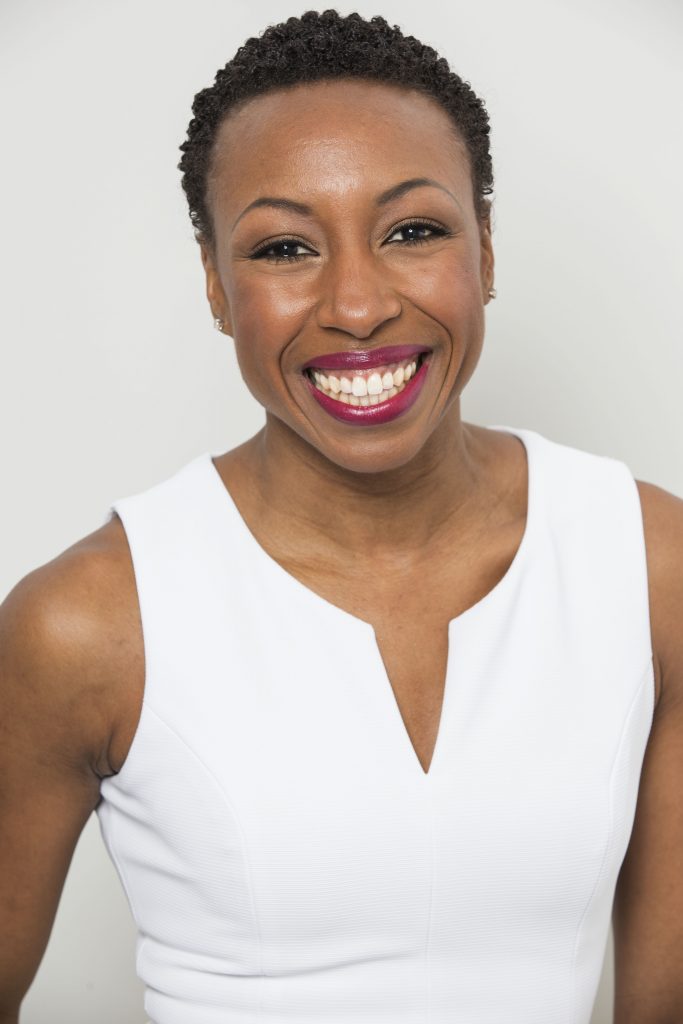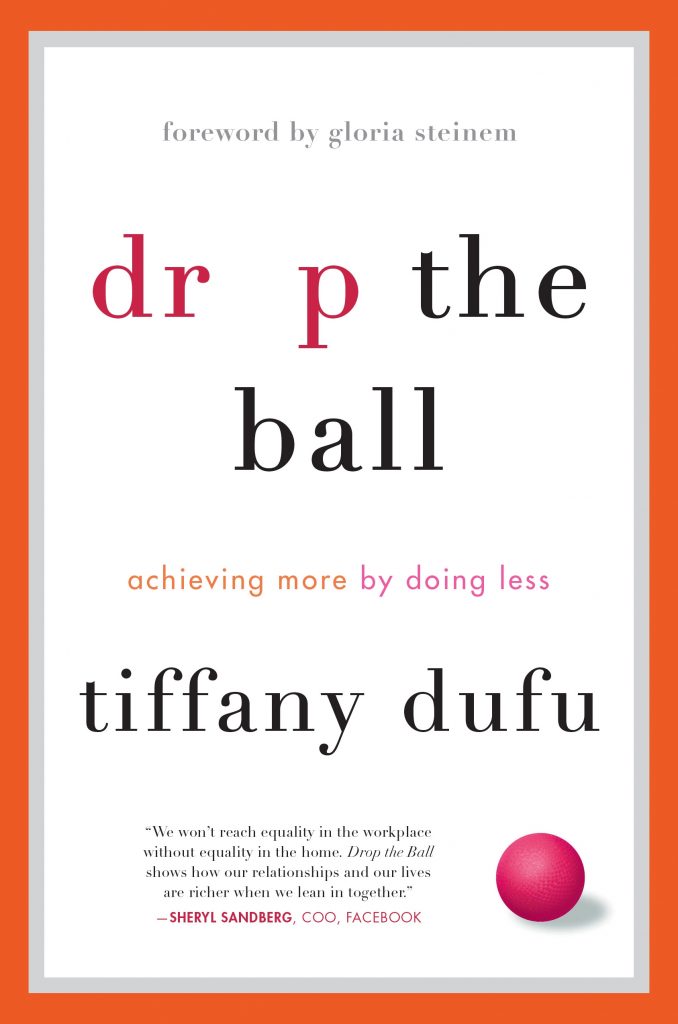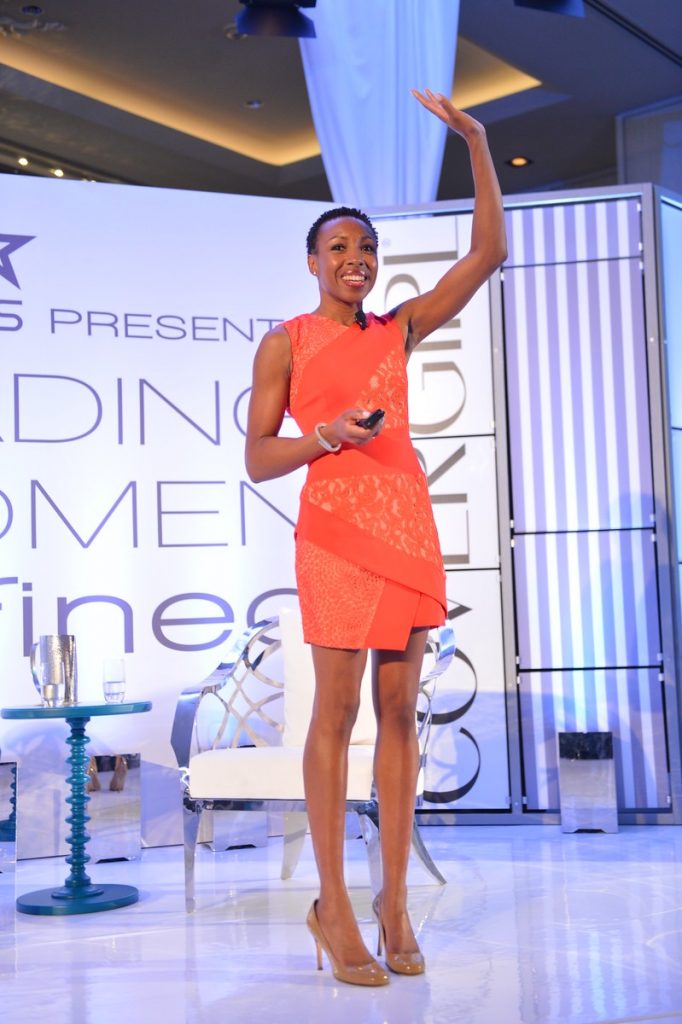
Tiffany Dufu is devoting her life to advancing women and girls. She was a launch team member to Lean In and is Chief Leadership Officer to Levo, one of the fastest growing millennial professional networks. Prior to that, Dufu served as President of The White House Project, as a Major Gifts Officer at Simmons College in Boston, and as Associate Director of Development at Seattle Girls’ School. Over the years women have always approached Dufu and asked her how she balances a high profile career with two young children. She was inspired to write an honest answer to this question in “Dropping the Ball: Achieving More by Doing Less.” Her book includes a foreword by Gloria Steinem and was reviewed by The New York Times. She sat down with Forward Females to discuss it in more detail.
Your book focuses on how working women can balance all of their responsibilities by prioritizing what’s important and delegating – or dropping – the rest. What advice do you have for women who choose to leave the workforce and stay home with their children?
All women work full-time. All moms are working moms. I don’t like to use the phrase “stay at-home moms,” instead, I say, “non-paid working moms.” It’s a shame our society doesn’t value domestic labor. But I wrote this book with an agenda. My agenda is to bring more women into the highest levels of leadership. When I encourage women to pursue leadership positions, I get the biggest pushback from women who say they have too many responsibilities. They don’t see who will pick up the balls. I want them to understand that they’re not in it alone. Leadership is a team sport and they need to build an ecosystem of support. All of us need scaffolding. We need to lean in and lean on other people.
How should household chores be divided if one partner is working and one partner is not working? Should the at-home partner take on more household tasks?
The division of labor doesn’t have to be equal, but it should be equitable. Partners should co-manage the home based on their respective gifts, talents, skills, abilities and availabilities. Studies have shown that women’s share of domestic labor and household responsibilities is irrelevant based on hours worked outside of the home. We are socially conditioned to gender stereotype roles. We need to disrupt the assumptions we all make and become more intentional about living our own stories instead of living what was handed to us by default.

Some parts of your book may be interpreted as putting more pressure on women rather than dropping the ball. For example, the anecdote of you waking up at 5 AM to pump breast milk and then go for a run so that you still have time to come home and go to work gave me anxiety.
Each one of us has to write our own job description. This isn’t a how-to book. This is a memoir. I run because it brings me joy. It helps me be creative. For someone else, it can be something else – and it definitely doesn’t have to be at 5 AM. That just happened to be a convenient time for me. That example was about creating a mechanism for taking time for yourself.
What are you most proud of?
At every academic institution that I’ve ever attended, there’s a plaque with my name on it. I believe that you’re not in a community to take – you’re there to make a positive impact. I’m proud that I’ve contributed to every community that I’ve been apart of.
What are you excited about?
Women. Every organization that has been working for years to fill the leadership pipeline has suddenly seen a surge in women jumping in. I love this quote from Andrea Dew Steele, president of Emerge America: “Women used to say that they couldn’t run for office because they had young children. Now they are saying I have to run because I have young children.”

